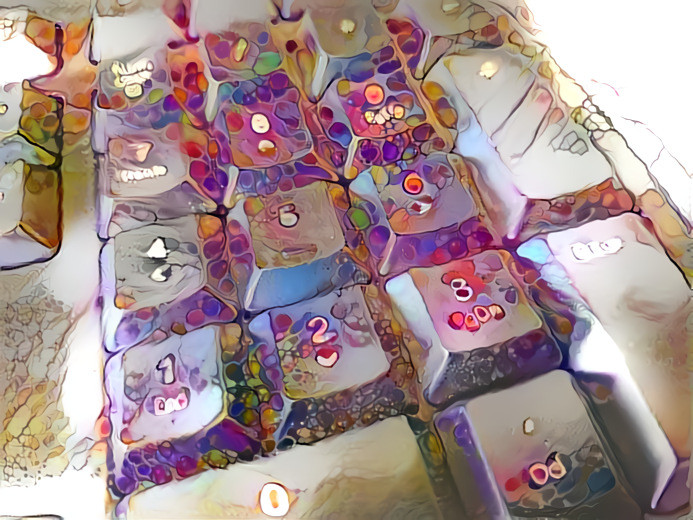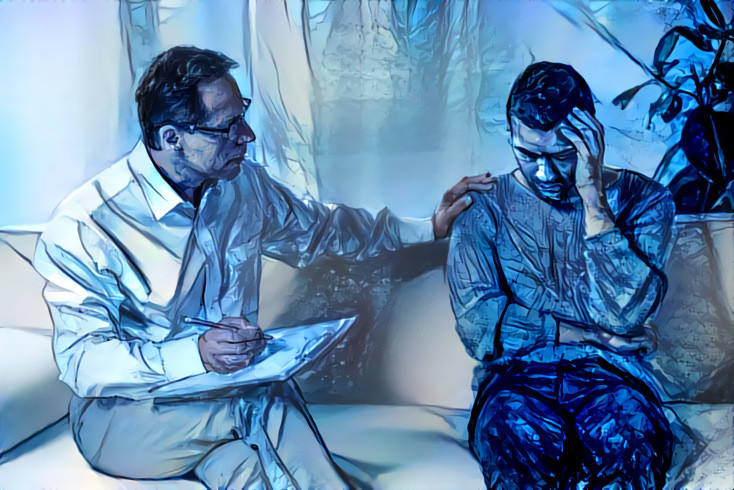Ingen effekt av insättningsgränser vid spelproblem
Problemspelande, alltså att ägna sig åt spel om pengar på ett sätt som ger en negativa konsekvenser, förekommer i alla delar av världen och beräknas drabba 0,12-5,8 % av befolkningen. På många håll, exempelvis i Sverige, anses det vara ett folkhälsoproblem. På senare år har onlinecasinon och spel på nätet ökat tillgängligheten till spel om … Läs mer!









